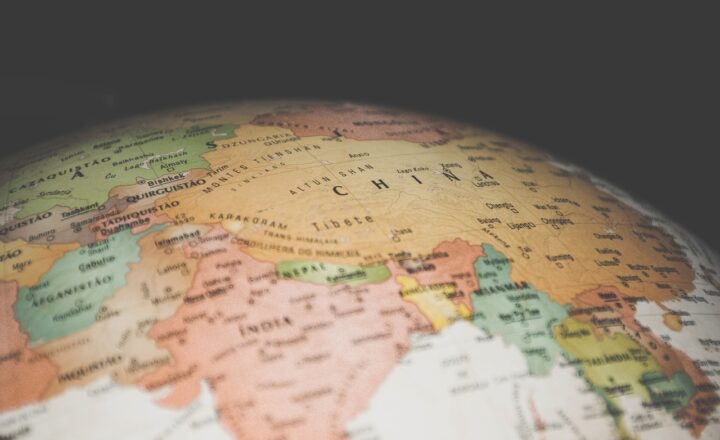
Throughout history, rivers have served as essential lifelines for the development and survival of civilizations. From the banks of the Nile to the banks of the Indus, ancient communities have depended on rivers for water, transportation, agricultural irrigation, and trade. This article delves into how ancient civilizations adapted to their environments, leveraging rivers to thrive and how these watercourses shaped their cultures, economies, and societal structures.
1. The Role of Rivers in Supporting Agriculture
Rivers provided more than just water; they created fertile floodplains. The rich and moist soil formed by annual floods was ideal for growing crops. Ancient Egyptians, for example, relied heavily on the Nile River, which flooded every summer, depositing nutrient-rich silt across the valley. This phenomenon is known as “nilometer” and was crucial to predicting harvest times and ensuring food security.
The Mesopotamians also flourished in their alluvial plains between the Tigris and Euphrates rivers. They developed complex irrigation systems, which allowed them to divert river water to their fields, enabling them to cultivate wheat, barley, and other essential crops year-round. This ability to produce food in surplus was a foundation for population growth and urbanization.
2. Transportation and Trade Networks
Rivers acted as natural highways for ancient civilizations, allowing for the movement of goods and people. The ability to transport goods by boat significantly reduced travel time compared to overland routes. Ancient Egyptians utilized the Nile for transporting wheat, papyrus, and stone for their monumental architecture, while also facilitating trade with neighboring regions.
In ancient China, the Yellow River served a similar purpose. It not only supported agricultural practices but also enabled trade from one region to another. The development of the Grand Canal during the Sui dynasty connected key rivers, enhancing economic and cultural exchange across vast distances. Rivers thus played a vital role in establishing trade networks, fostering inter-regional relationships, and allowing for the cultural exchange of ideas and innovations.
3. The Spiritual Connection and Cultural Significance
Rivers held profound spiritual significance in many ancient cultures, often viewed as sacred entities. The Nile was personified as a deity, revered in rituals and ceremonies aimed at ensuring it would flood at the right times, thereby securing bountiful harvests. Similarly, the Ganges River in India is considered holy, and its waters are believed to purify the soul.
These rivers also inspired art, literature, and mythology. Ancient Greek civilization viewed rivers like the Styx and Lethe as gateways to the afterlife, illustrating how integral water was to their belief systems.
Cultural festivals often revolved around rivers, such as the river festivals found in numerous Indian states, celebrating the rejuvenating and life-sustaining aspects of water bodies. The bonds society formed around rivers extended beyond mere survival; they were foundational to the identity and ethos of ancient civilizations.
4. Urban Development Around Rivers
The strategic importance of rivers led to the establishment of many ancient cities around their waters. For instance, Cairo emerged along the banks of the Nile, while cities like Babylon and Ur were founded by the Euphrates and Tigris rivers. The availability of water and fertile lands made these locations desirable for settlement, driving urbanization and population growth.
These rivers provided not only sustenance but also served as protection against invasions, forming natural barriers that could protect against enemy encroachment. Additionally, access to waterways enabled the efficient movement of military forces when required, further enhancing the strategic importance of rivers in urban planning.
5. Dangers and Challenges of River Dependency
While rivers offered many advantages, they also presented significant vulnerabilities. Flooding could be catastrophic, changing river courses, destroying crops, and displacing populations. For instance, the unpredictable flooding of the Yangtze River in ancient China has historically caused extensive damage and loss of life. Managing these disasters required sophisticated understanding and planning, leading to the development of early engineering skills and community cooperation efforts.
Furthermore, pollution and competition over water resources emerged as critical challenges as civilizations expanded. The scarcity of clean water led to conflicts between communities, highlighting the dual nature of rivers as sources of life and potential sources of discord.
Conclusion
Overall, ancient civilizations owe much of their development and survival to the vital role played by rivers. Through agriculture, transportation, spirituality, and urban planning, these extensive waterways shaped human history. As we look back, it’s essential to appreciate these natural resources’ historical significance, advocating for the sustainable management of rivers today, ensuring they continue to sustain future generations just as they did in the past.






